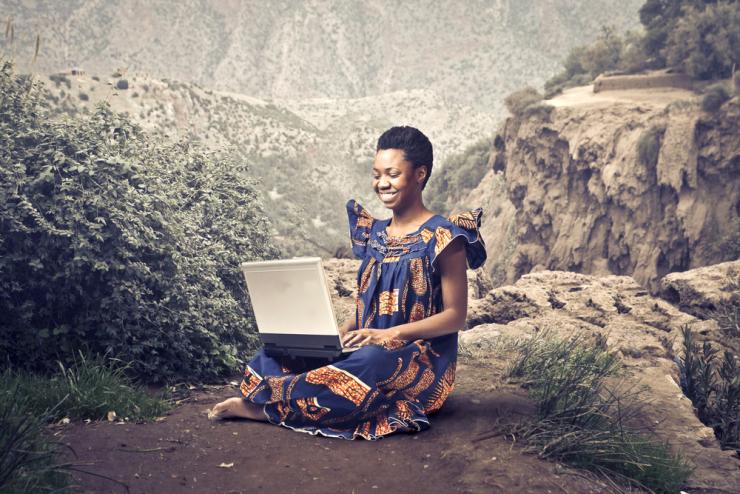 Polis Postcard #002 - Vijana Umoja Pamoja Foundation
Polis Postcard #002 - Vijana Umoja Pamoja Foundation
What are the objectives of your community project and what is the story behind its creation?
My projects revolve around advocacy for sound governance and youth development. I have been very instrumental with my outfit in ensuring that public resources are adequately utilized. In this case, I have engaged young people in Uasin Gishu County, Trans Nzoia and Mt. Elgon on the need to further put our governments in check. I was motivated to join advocacy after realizing that very many individuals are uninformed about public resources including the manner in which the same resources are supposed to be utilized and for that reason public officers have always taken advantage of that. I approach the initiative both online and offline. Using advocacy tool kids, I train youth and women on how to engage respective governments, how to monitor budgets and how to see projects implementation to fruition. With the introduction of devolved functions, more corrupt officials were even decentralized making the need for advocacy around devolved governance more necessary. If people are to reap appropriately from their hard earned tax, then it is important that we engage these local governments.
At the moment, my focus is in Mt. Elgon where school enrollment is on the lower side but also cases of early child pregnancy and school drop-out is wanting. I am working around the clock with local leaders (village elders, chiefs and other county administrators) to see to it that the following objectives are realized;
· Ensure higher enrolment and retention of about 1,000 – 5,000 girls and boys students in the areas of Kopsiro, Kapsokwony, Cheptais and Kaptama.
· Enhanced involvement of the stakeholders such as teachers and parents for promoting quality education.
· strengthen e-learning program in 5 secondary schools in Mt. Elgon by fixing computer labs and modern desks in about 10 primary schools across Mt. Elgon
· Follow-up and scaling-up of the proposed school model in other rural areas with a demand driven approach.
I am also developing an online learning platform from where young people out of school from Mt. Elgon can share local resources with other young people from around the world through an online engagement. I am looking forward to a time when I can develop a fully-fledged Youth Resource center from where young people can gain access opportunities and skills that will better their lives.
In Uasin Gishu County, I am engaging youth in learning institutions through debates and essays with the objective of broadening their world overview. Through this, we are able to get to know the gaps and how best o intervene with other programs like team building among others. This is my voluntary venture as there is no funding to support a programme that is scalable in the larger region.
In which sector and with which groups do you work with?
I work well in governance, advocacy and youth development. My work entails working with young people in learning institutions, young people out of school, young women and school going children. But more importantly, I mentor young people through an online platform, share resources and skills that can make them more realistic in their communities.
What obstacles do you face?
There are many challenges that I face, from government opposition, lack of sufficient human resources to further develop youth development and advocacy work to the level required and in some instances also the lack of sufficient funding to sustain programmes is a challenge. Further, I lack strong global network to support my work locally.
What type of partner are you looking for to overcome challenges in your initiative?
I am looking for a partner that can support my advocacy and good governance work. But also, I am interested in a partner that can help in resource and information sharing. A partner that we can develop and implement projects jointly. A partner that can enhance my network to like minded organizations and institutions, but also a partner passionate about youth development, women empowerment and Advocacy on Health and education is key.





